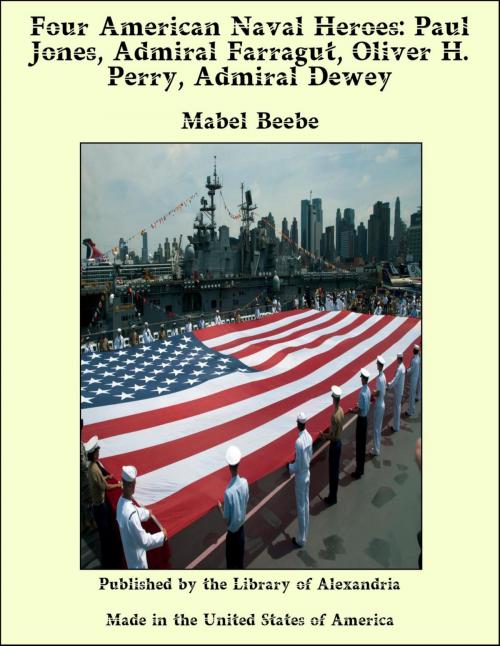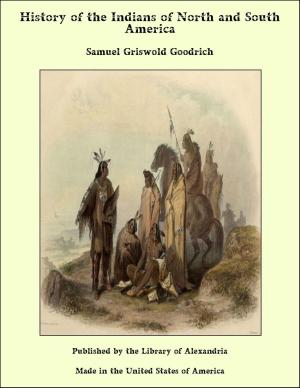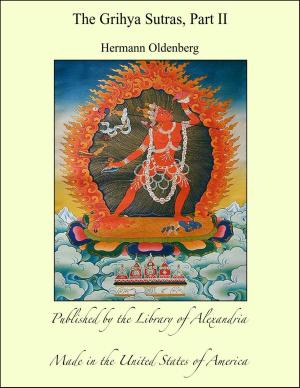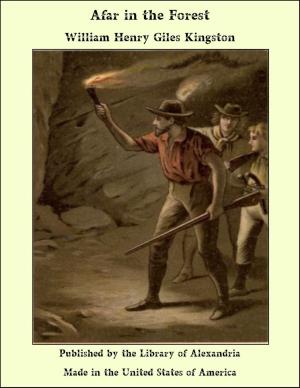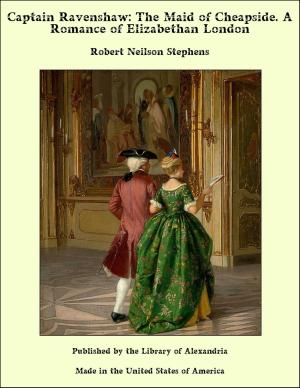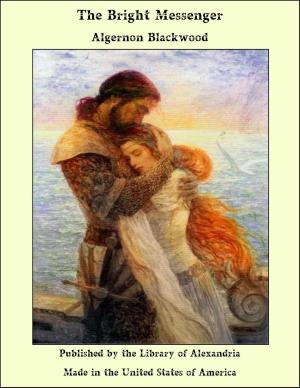Four American Naval Heroes: Paul Jones, Admiral Farragut, Oliver H. Perry, Admiral Dewey
Nonfiction, Religion & Spirituality, New Age, History, Fiction & Literature| Author: | Mabel Beebe | ISBN: | 9781465575852 |
| Publisher: | Library of Alexandria | Publication: | March 8, 2015 |
| Imprint: | Language: | English |
| Author: | Mabel Beebe |
| ISBN: | 9781465575852 |
| Publisher: | Library of Alexandria |
| Publication: | March 8, 2015 |
| Imprint: | |
| Language: | English |
Four times in the history of our country has the American navy achieved renown and won the gratitude of the nation. These four times correspond, of course, to the four great wars that we have had; and with the mention of each the name of a famous hero of the sea is at once brought to mind. What would the Revolution have been without its Paul Jones; or the War of 1812, without its Perry? How differently might the Civil War have ended but for its Farragut; and the Spanish War, but for its Dewey! The story of the achievements of these four men covers a large part of our naval history. Six months after the battle of Lexington the Continental Congress decided to raise and equip a fleet to help carry on the war against England. Before the end of the year (1775) seventeen vessels were ready for service, and it was then that Paul Jones began his public career. Many other ships were soon added. The building and equipping of this first navy was largely intrusted to Ezek Hopkins, whom Congress had appointed Commander-in-Chief, but it does not seem that he did all that was expected of him, for within less than two years he was dismissed. He was the only person who ever held the title of Commander-in-Chief of the navy. During the war several other vessels were added to the fleet, and over 800 prizes were captured from the British. But before peace was declared twenty-four of our ships had been taken by the enemy, others had been wrecked in storms, and nearly all the rest were disabled. There was no effort to build other vessels, and so, for many years, our country had no navy. In 1794, when war with the Barbary States was expected, Congress ordered the building of six large frigates. One of these was the famous Constitution, which is still in existence and about which Dr. Holmes wrote the well-known poem called "Old Ironsides." Through all the earlier years of our history, John Adams used his influence to strengthen our power on the sea; and he was so far successful that he has often been called "The Father of the American Navy." When the War of 1812 began the United States owned a great many gunboats for coast defense, besides seventeen sea-going vessels. It was during this war that the navy especially distinguished itself, and Oliver Hazard Perry made his name famous.
Four times in the history of our country has the American navy achieved renown and won the gratitude of the nation. These four times correspond, of course, to the four great wars that we have had; and with the mention of each the name of a famous hero of the sea is at once brought to mind. What would the Revolution have been without its Paul Jones; or the War of 1812, without its Perry? How differently might the Civil War have ended but for its Farragut; and the Spanish War, but for its Dewey! The story of the achievements of these four men covers a large part of our naval history. Six months after the battle of Lexington the Continental Congress decided to raise and equip a fleet to help carry on the war against England. Before the end of the year (1775) seventeen vessels were ready for service, and it was then that Paul Jones began his public career. Many other ships were soon added. The building and equipping of this first navy was largely intrusted to Ezek Hopkins, whom Congress had appointed Commander-in-Chief, but it does not seem that he did all that was expected of him, for within less than two years he was dismissed. He was the only person who ever held the title of Commander-in-Chief of the navy. During the war several other vessels were added to the fleet, and over 800 prizes were captured from the British. But before peace was declared twenty-four of our ships had been taken by the enemy, others had been wrecked in storms, and nearly all the rest were disabled. There was no effort to build other vessels, and so, for many years, our country had no navy. In 1794, when war with the Barbary States was expected, Congress ordered the building of six large frigates. One of these was the famous Constitution, which is still in existence and about which Dr. Holmes wrote the well-known poem called "Old Ironsides." Through all the earlier years of our history, John Adams used his influence to strengthen our power on the sea; and he was so far successful that he has often been called "The Father of the American Navy." When the War of 1812 began the United States owned a great many gunboats for coast defense, besides seventeen sea-going vessels. It was during this war that the navy especially distinguished itself, and Oliver Hazard Perry made his name famous.
